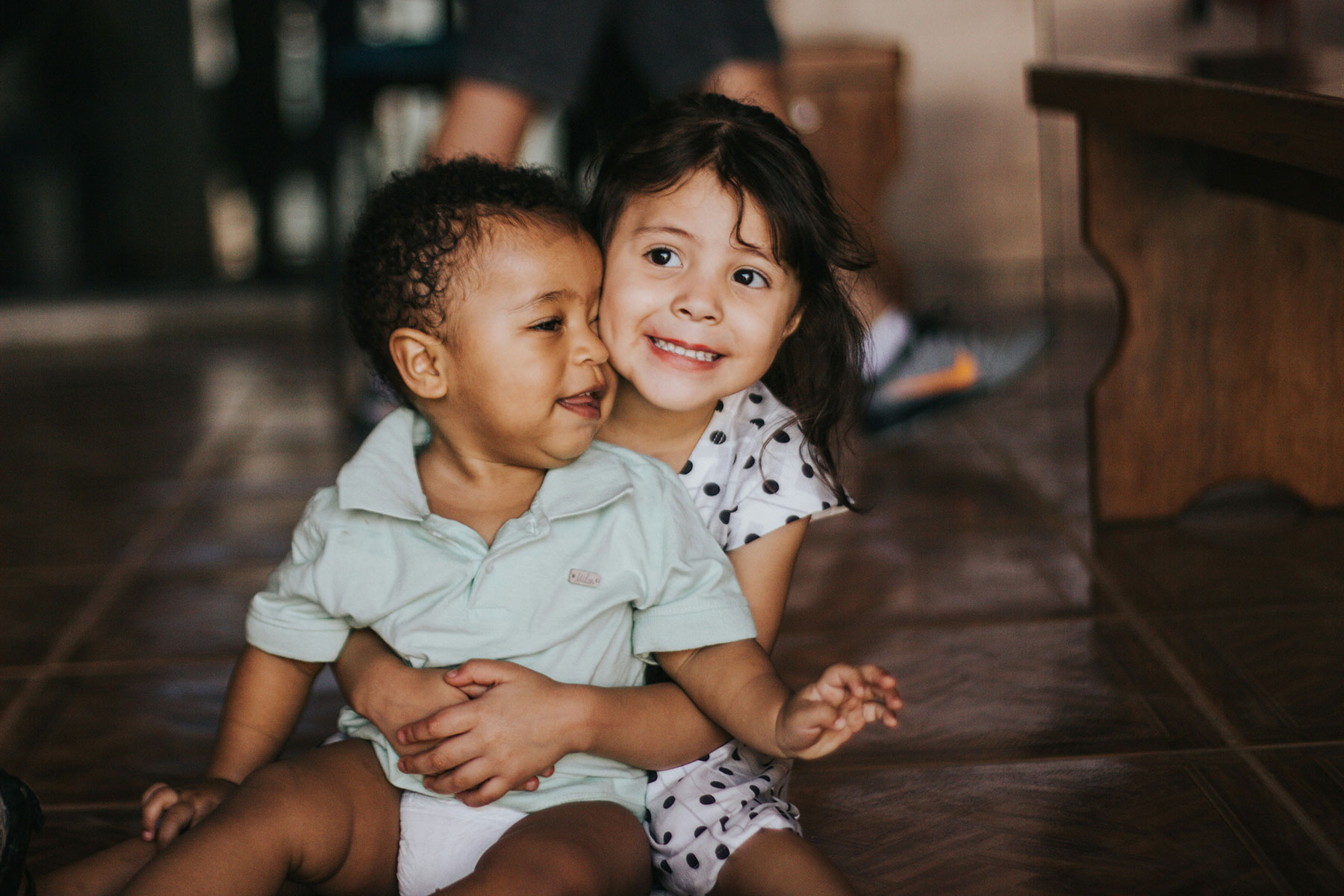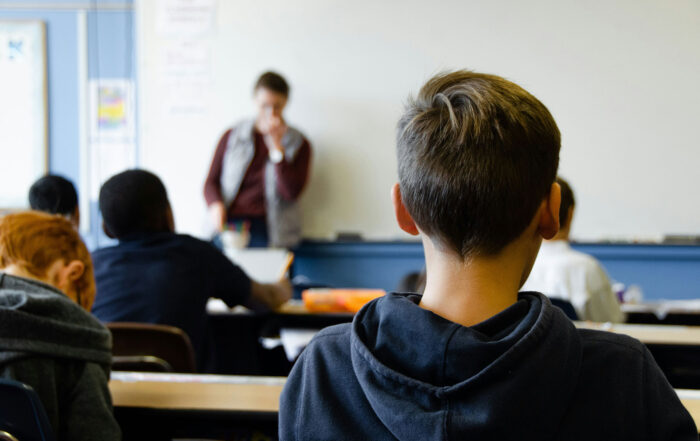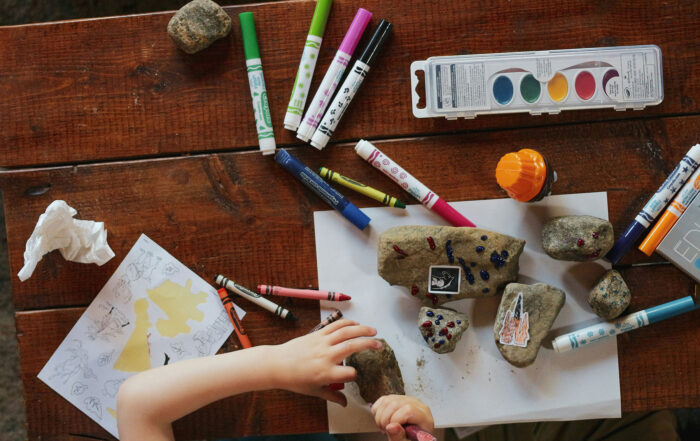
By Caroline Miller
When kids have behavior and attention issues in school, the first explanation that comes to mind is often ADHD. But exposure to trauma can also cause symptoms that look like ADHD. And trauma is often overlooked when kids are misdiagnosed with ADHD.
Children with ADHD can be fidgety (always getting out of their seats), distracted (not paying attention to the teacher), and disruptive in class. Kids who have had a traumatic experience – or repeated exposure to violence or abuse – do some of the same things. They are unusually sensitive to signs of danger or threat, which can cause them to be jumpy and unable to settle down. They may see people as out to get them, so are prone to lashing out. They may also have intrusive thoughts about traumatic events they’ve experienced, and that can make kids look spacey and distracted.
Share This Post!
Adults With a History of Childhood Trauma Can Benefit From Recommended Depression Treatments, Contrary to Current Theory
The Lancet Psychiatry, neurosciencenews.com Patients with major depressive disorder who experienced trauma during childhood see symptom improvement following psychopharmacological intervention, psychotherapy, or a combination of both. The results of a new [...]
Post-Traumatic Growth: What You Need to Know
by Nicole McDermott Trauma—either as a one-time event or prolonged exposure— can cause a wide range of mental health issues including flashbacks, sleep disturbances, anxiety, grief and substance misuse. Healing from [...]
PTSD and Suicide After Natural Disasters
by César A. Alfonso, MD Everyone in Puerto Rico (PR) was affected by Hurricane Maria, which made landfall on September 20, 2017 as the largest scale natural disaster in the US [...]
Behavioral Health Conditions in Children and Youth Exposed to Natural Disasters
Supplemental Research Bulletin, Substance Abuse and Mental Health Services Administration This Supplemental Research Bulletin focuses on mental health and substance use (behavioral health) conditions in children and adolescents following exposure to [...]
Many Refugees Dealing with Trauma Face Obstacles to Mental Health Care
By Erica Zurek and Alander Rocha Refugees are arriving in the U.S. in greater numbers this year after resettlement counts reached a 40-year low under President Donald Trump. These new arrivals, like [...]
The Dangerous Impact of Racial Trauma on the Black Community
By Maia Niguel Hoskin Psychologists use the term trauma to describe an emotional response to a terrible event like an accident, rape, or natural disaster. Racial trauma, or race-based traumatic stress, [...]







